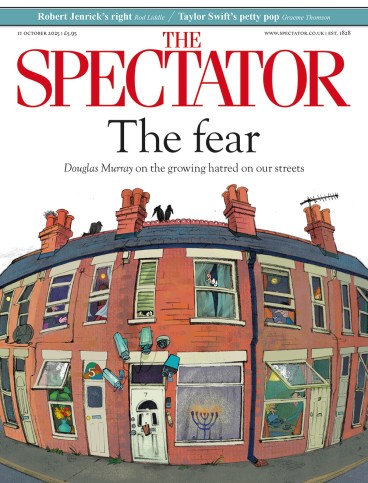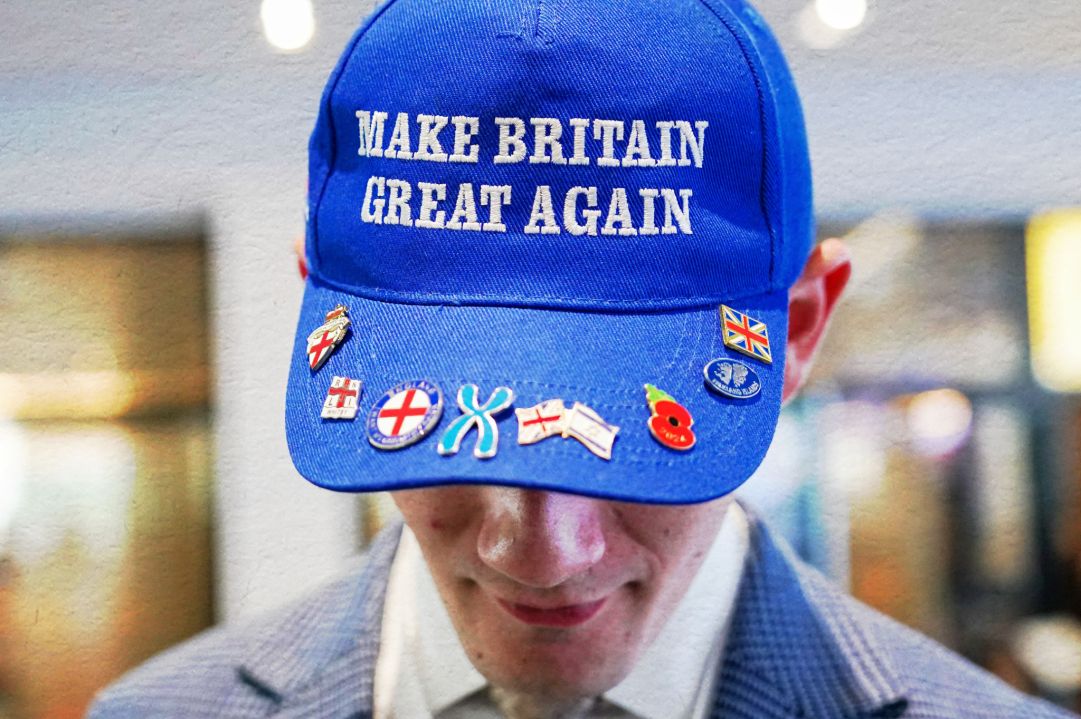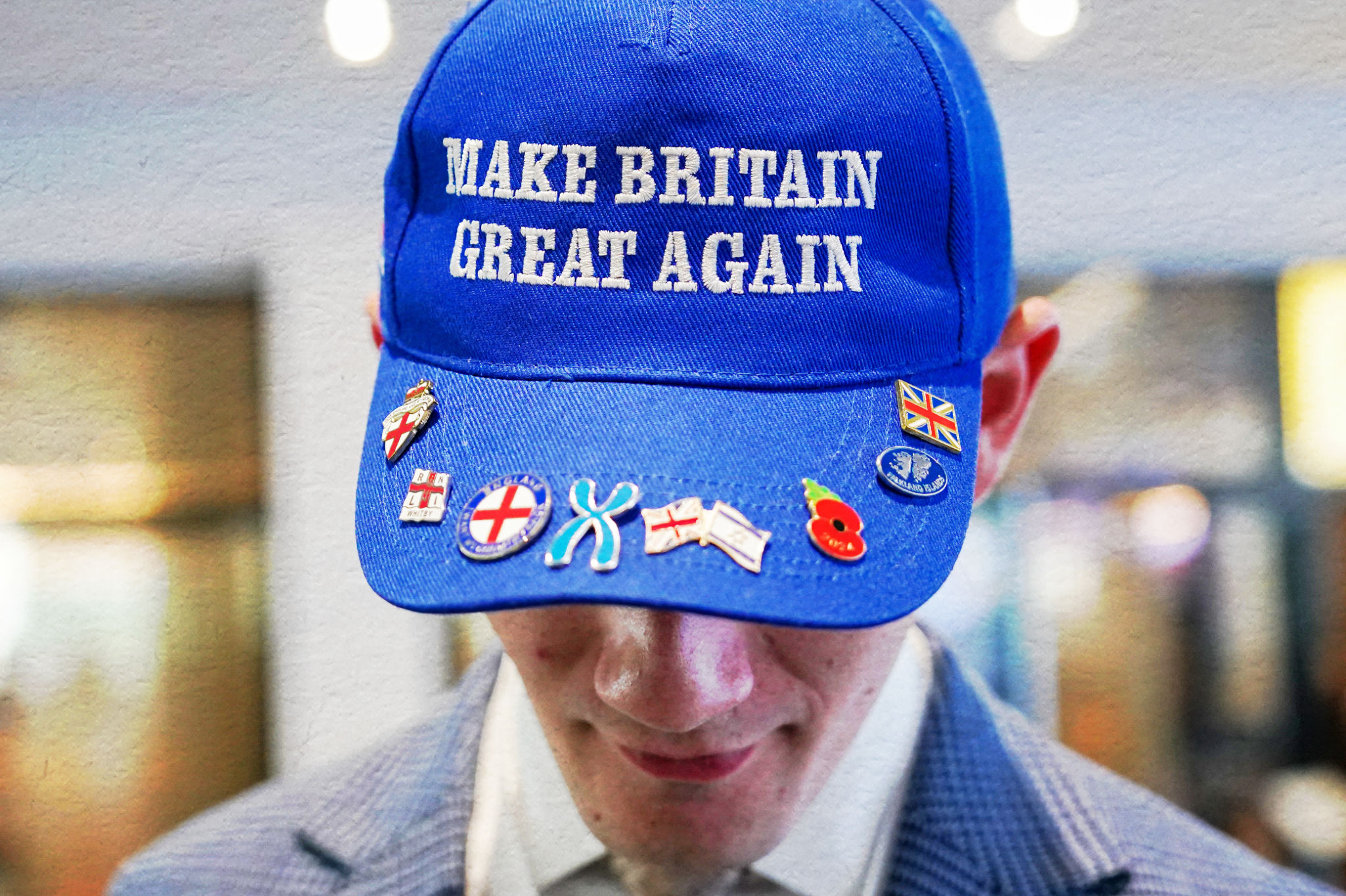
‘The facts of life are Conservative.’ This sentence is often attributed to Margaret Thatcher, whose centenary falls next week. The exact words are ‘The facts of life invariably do turn out to be Tory’ and were not hers. They appeared in the first major policy document produced under her leadership, ‘The Right Approach’ (1976). The author was probably Chris Patten, the document’s drafter and more of a ‘wordsmith’ – her coinage – than she. (There might even have been a deliberate Patten double-entendre of the sort that always escaped Mrs T since, in those days, the phrase ‘the facts of life’ meant the sex lessons given by embarrassed parents and teachers to children.) The operative phrase in the sentence is ‘turn out to be’. It is a frustration of having a Tory mindset – which one can easily have without being a member or even a supporter of the Conservative party – that what seems bleeding obvious takes about 15 years to penetrate the political class. So it is with the folly of net zero, and it was always possible to see this without prejudice to one’s view of global warming itself. Net zero cannot achieve its stated aims in its stated timetable, chiefly because other countries won’t try. What it can do, and still does, is break high-energy-use companies and impoverish citizens. This week, I heard a car expert on the BBC enthuse about how government aid was ‘bridging the affordability gap’ holding back the sale of electric cars. No: the state aid of £3,750 per vehicle simply hands the bill to the taxpayer rather than the person buying the car. Affordability is still the problem. This week, Boris Johnson admitted that his enthusiasm, when prime minister, for net zero had been a mistake. If only he had turned out to be a Tory earlier. Those plotting against Kemi Badenoch this week in Manchester lack that most Tory quality, patience.
Barney White-Spunner is an old friend. As a brigadier, he took me to Afghanistan on New Year’s Day 2002, and as a general, to Iraq in April 2003. He is a polymath – farmer, former chairman of the Countryside Alliance, director of a strategic consultancy, and author. He has written books on Waterloo, the partition of India, the history of Berlin and of the Horse Guards. Last month, we all keenly awaited the launch party for his latest book, Nations in Arms (Osprey), but it was suddenly cancelled. Poor Barney had caught a really horrible virus in the Middle East which kept him in hospital in Somerset for a month. He is now, I am glad to say, home and walking; so we can pay attention to his book. Its subtitle is ‘Five armies that made Europe’. These are: that of the Emperor Constantine, the Ottoman army of Mehmet the Conqueror, Cromwell’s New Model Army, militarised Prussia in 1806 and the US Army assembled from quite remarkably little in 1941. The contemporary relevance, in Barney’s view, is that ‘We are entering a period when a nation will once again be defined by its army’, so it is urgent to get it right. The sad truth – in my view – is that the only western nations which currently pass this test are Ukraine and Israel (though Poland and the Baltic and Nordic states seem to be going in the right direction), perhaps because, if they did not pass, their country would not exist. What sort of Britain does our current army define?
If people think, as I do, that the incessant Gaza marches are – and are intended to be – threatening to Jews and designed to legitimise Hamas violence, then there is a precedent within the United Kingdom to deal with such a problem. In 1998, ten days before the Good Friday Agreement, the Parades Commission for Northern Ireland was created. The commission, which still exists, is a quango which can restrict or re-route parades in the province if it deems them contentious or offensive. It was designed mainly to deal with traditional Orange marches which were considered to be intimidating to Irish Nationalists in some areas; it therefore infuriated Unionists. The locus classicus was the parade at Drumcree. You could invent such a commission on mainland Britain. It might be helpful at re-directing routes, controlling symbols etc. But if you did so, you would be Ulsterising the whole of Britain, seeing it as a permanently divided society whose institutions must try to balance the competing claims of warring tribes, including those (c.f. Sinn Fein) who support terrorism. And that, of course, is what the secular left and Islamist activists want. Hence their craving for a law which bans ‘Islamophobia’. Better not to go that way, I think. Better to tweak the law so that, when the going gets tough, the police and Home Secretary can no longer evade responsibility by blaming the other.
I am glad to say that I do not appear in Jeffrey Epstein’s ‘black book’. But several of my contemporaries do. Their only crime, so far as I can see, is that, as Oxford undergraduates, they knew Ghislaine Maxwell who, though slightly younger, lived with her parents in Headington. I remember one telling me at the time that her already notorious father was a brute, but she was very likeable. Some of them never even met Epstein, but their mere presence in what is, in effect, Ghislaine’s British address list is used to tarnish them. Not for the first time, I am smugly grateful for having spent my formative years in provincial, Epstein-free Cambridge.
On Monday, our latest grandchild came into the world. At 10lb 5oz he is more, much more, than the amalgamated weight of our own twins at birth. He is to be called Christian, which pleases us very much, but I hope his life’s pilgrimage will be less arduous than that of Bunyan’s hero. If a future Britain suffers, in Evelyn Waugh’s words about something else, ‘a captivity even more irksome than our own’, he may need to defend his very name.










Comments